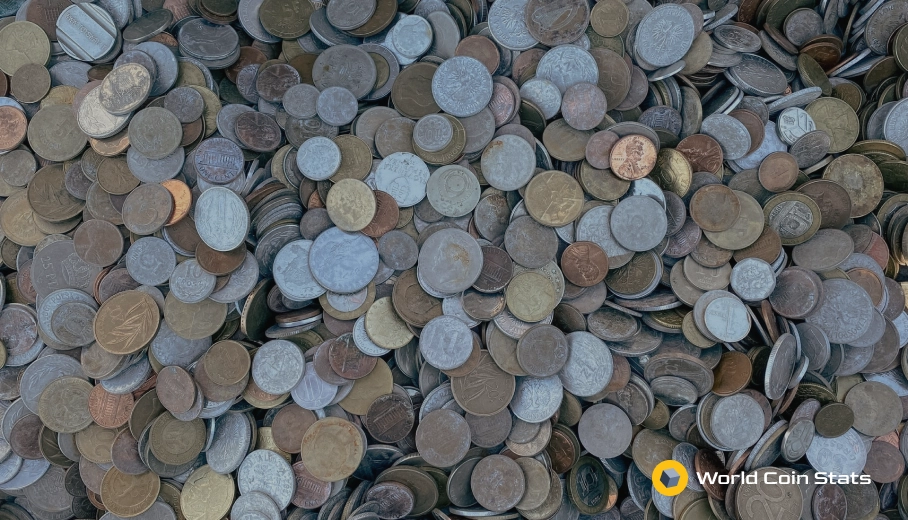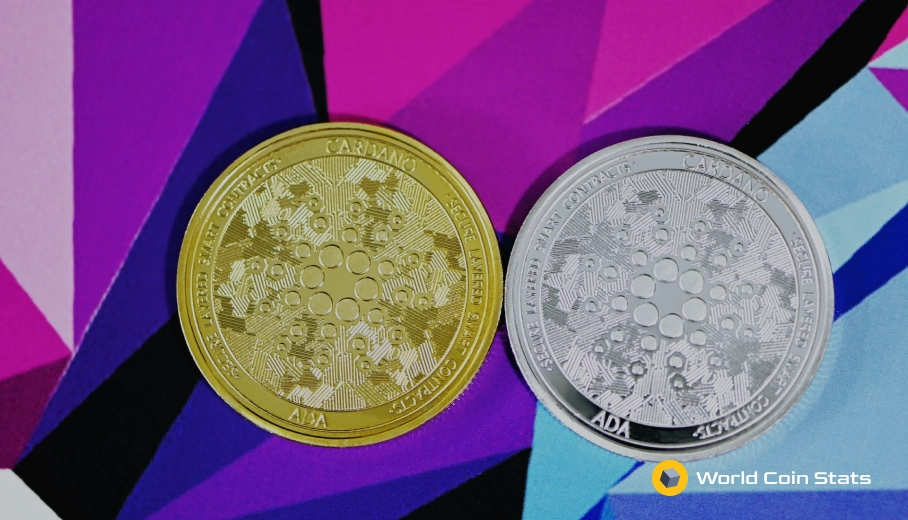Governance Tokens are Doomed in DeFi
Governance tokens have become one of the hottest new trends in cryptocurrency. Unfortunately, as we will explain in this article, governance tokens in decentralized finance (DeFi) are doomed for a spectacular failure.
This article will also explain the basics of governance tokens, which will make it apparent why these creative tokens are doomed for such failure.
DeFi Governance Tokens – Explained
DeFi governance tokens are ostensibly used to decentralize the decision making process behind DeFi protocols.
We say ostensibly because, well, these decisions are not often made by the community. Remember, someone still has to write the smart contracts, raise capital, and lead the community. A truly self-governed DeFi protocol would likely result in a Lord of the Flies situation.
With that out of the way, what is the real purpose of governance tokens?
It’s, generally but not always, liquidity farming.
This is essentially loaning money to yourself. Why would someone loan money to themself?
On many DeFi protocols, lenders receive governance tokens as a reward for being a lender on the protocol. People realized that they could simply lend money to themselves and receive free tokens in exchange.
Of course, this begs the question, why would someone want a governance token? Do they want to vote on the direction of the DeFi protocol that badly?
Not usually. The reason people yield farm governance tokens is because the governance tokens have value. In fact, governance tokens can have quite a lot of value. Just look at the value of COMP, the governance token for COMP.finance, it’s worth over $400 and the total market cap is $1.7 billion.
This begs another question, why do governance tokens have value?
Governance tokens have value for one reason:
People believe they have value. There is no real inherent value in a governance token because the decision making for many of the protocols does not depend on the community.
The problem with this is that eventually the market reaches a point where there is no demand for the governance token and the price collapses because a constant supply of new tokens is minted by liquid farmers.
We realize that people say the same thing about Bitcoin, but Bitcoin is a little different. Bitcoin has a fixed supply that has a consistent amount of new supply added to it. Not to mention that Bitcoin halves the supply that is produced about every 4 years, so that as the coin becomes more popular the new supply decreases.
Governance tokens are different – they are issued as a reward for using the platform. The problem is that people mostly use the platform for the free tokens not for the stated purpose of the platform.
Remove the incentive of issuing a free governance token worth a significant sum and people will flee the platform for greener pastures. And that destroys the platform because there was never anything there in the first place.
Something similar happened to Uniswap when they cut liquidity mining rewards and lost a billion dollars worth of liquidity as people fled to Sushiswap.
The Reason Why Governance Tokens in DeFi are Doomed
As covered previously, governance tokens only have value based on speculation. And that speculation does have a limit. There is no real use case for governance tokens other than earning a profit.
These tokens are essentially created out of thin air by artificially propping up the protocol.
When the buying demand for the token decreases, then the entire protocol will cease to exist.
Now, a lot of DeFi protocols plan on purchasing/burning tokens to prevent the price from decreasing. That is a good, working strategy.
But the problem comes up when these protocols decide to reward users with free tokens. That is essentially printing money out of thin air.
In fact, most governance tokens operate on a similar model as modern monetary theory. The basics are that they print currency, spend it (rewards to liquidity miners), and then will attempt to lower inflation by reducing supply (taxes in MMT and burning tokens in DeFi).
The reason we say this will not work is simple. Cryptocurrency was created as a response to the failed economic policies of fiat currency and governments, but a cryptocurrency decides to use the policy in their token.
It will not work and will collapse at some point. Remember, DeFi protocols are not the US government – there is a much smaller demand for COMP or SUSHI than USD.
Is Governance in DeFi Doomed?
Probably. The problem with self-governance in DeFi, and anything, is that people vote for what is in their best interests.
It goes further than just that, though. The problem arises because all DeFi protocols have a core leadership team. And that leadership team will usually go for what’s best for the future of the protocol over the vote.
DeFi governance is an interesting idea, but we suspect that the market leaders will have a centralized government that makes decisions that benefit users most of the time. However, not every decision can be decentralized.
Is DeFi Doomed?
No, DeFi is not doomed. It still has an excellent utility for low cost, decentralized finance.
However, the market cap of DeFi is artificially inflated by liquidity miners loaning money to themselves to earn rewards.
Fortunately, this is not as big of a problem as it sounds. This has greatly increased the media profile of DeFi, which has attracted investors and more money into DeFi.
This is great because that capital can be used to develop more protocols and ecosystems.
That said, DeFi is in a little bit of a bubble at the moment. That bubble will pop at some point, but don’t be discouraged when it does. DeFi has real world uses and is more than just liquidity mining governance tokens for a profit.
Final Thoughts
Well, that covers it for governance tokens and governance in DeFi. In our opinion, they are destined for failure.
Too much centralization is bad, but that does not automatically mean 100% decentralization is good. A happy medium must be found, and that most likely lies on the mostly decentralized front with some aspects that are centralized.
As for the governance tokens, they will still serve a purpose to govern the protocol. The underlying value of the token will likely reduce as excitement surrounding the protocol diminishes.




